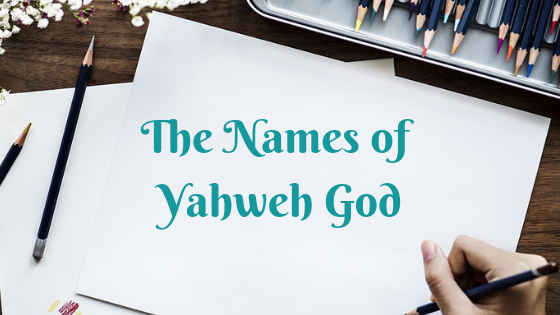The Names of God Reflected in Psalm 23
The Old Testament gives us the many names of God and each one of them has its own meaning. But do you know that Psalm 23 reflects the compound names of Yahweh God (or Jehovah God), the covenant-making God of Israel? Jehovah – Jireh – means “The Lord will provide” (Genesis 22:14). The name literally … Read more

